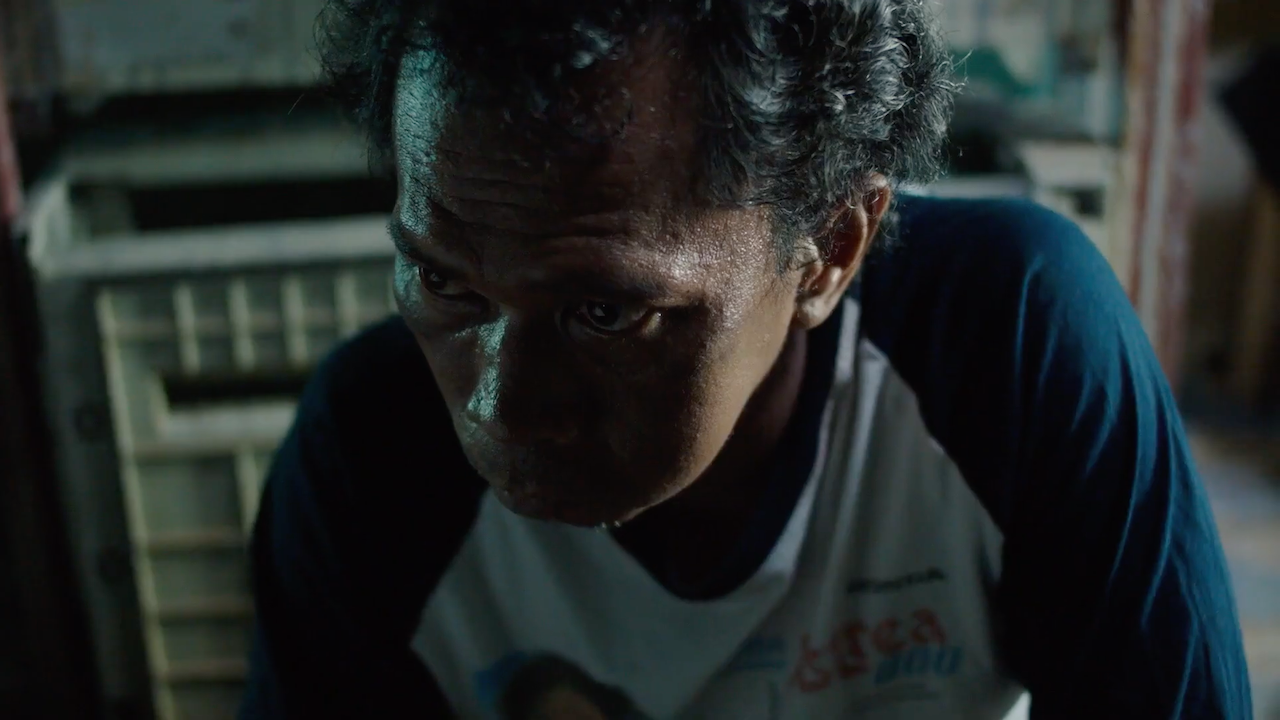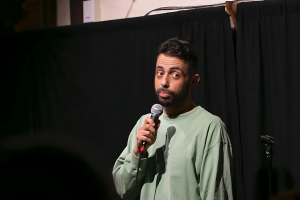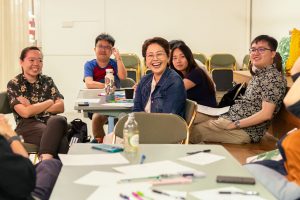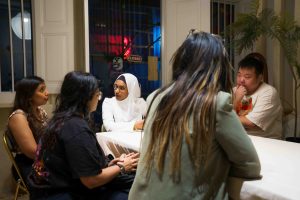Rice is the official media partner of Singapore International Film Festival 2019.
If you’re active on social media, you’d probably be familiar with Our Grandfather Story, NSFTV, or even this platform, Rice. But what similarities thread these platforms together? Apart from appealing to a (perhaps) younger audience, they value and champion personal stories.
This is the in-thing today: personal stories. No matter what sort of media you consume, you’d probably see content creators focusing on making their content personal and relatable to you, the audience.
There is novelty, and even a sensational quality, when it comes to examining and experiencing the personal lives of others. None of us smartphone-wielding young people would probably be ant fanatics, turtle farm owners, or a real-life witch. But these stories draw us into a world different from our own. They present refreshing experiences, which then reveal and offer unique worldviews and perspectives.
Yet even with the proliferation of such personal stories, one question remains: why are there so few stories relating to political or social issues?
Perhaps to answer this question, we should look to where we have seen such stories. One example was the controversial CNA ‘documentary’ Regardless of Class, where individuals were invited to speak along the lines of class and academic streaming. Even then, questions of ethics (such as the way the doc was edited) and means of filmmaking (who controls the narrative?) undermined the authenticity and believability of this attempt at storytelling.
Are we then fearful of opening up about our own stories and perspectives relating to these issues because we see how others, who are brave enough to share, receive undue backlash?
Take the Preetipls satire video as another example (Yes, I’m bringing this up again). When someone dares to share their opposing, but very personal, experiences of race (or rather, mindful of the social construct, ‘race’), media outlets, government leaders, and keyboard warriors hit back in rage. Again, perhaps the whole fiasco teaches us: Sure, go ahead and share your stories and your worldviews … Unless they deal with political or social or ‘sensitive’ issues.
We learn, through one way or another, that this is because we have to defend our ‘strong social fabric’.
You know that crappy cliché we repeat in NS that we are only as strong as our weakest link? Maybe we should also apply this mindset to our society. Can we say that our social fabric is strong when there remains those who are disenfranchised?
It is in this arena that we forget that the act of storytelling can affirm our social cohesion.
In a chat with Malaysian documentarian Lau Kek Huat, he shared that personal stories contain educational purposes that are instrumental in helping society, whether to heal or to understand a situation. It gives us an opportunity to reconcile. Where Preetipls’s video could have offered an opportunity to talk about ‘race’ and the experiences of different racial groups, the video instead became ‘controversial’.
In Lau’s newest film, The Tree Remembers, he created a space for Malaysians to share their stories of the May 13 riots, even if these experiences can be difficult in their perspectives of race and complicity. At the Freedom Film Festival in KL last month, Lau spoke about the need to create a safe space for personal stories to be shared without fear of retribution or punishment.
While I’ve always felt comfortable talking to my friends about difficult topics, I’m reminded of how, when presenting in class, in an environment dominated by an authority figure (i.e. the teacher), we are often instructed not to talk about these difficult subjects.
Our society is very much like said classroom. Whether it’s Preetipls or the backlash against individuals like Terry Xu of The Online Citizen or Kirsten Han of New Naratif, there is a clear reluctance to listen to stories pertaining to social and political matters; to understand why they matter, or what these storytellers are genuinely trying to achieve.
After all, stories have a way of making the truth more palatable, allowing us to learn from our mistakes. Just imagine being told that people are shit and that society makes us monsters. Would you rather be told this when sitting through a two-hour lecture by your philosophy professor, or a two-hour movie with Joaquin Phoenix acting as the Joker?
A local documentarian, Eunice Lau, demonstrates this point with her film Accept the Call. In it, an immigrant father journeys to uncover why his son would leave the US to join ISIS. His difficult truths often put him at odds with his community, but his commitment to understanding the phenomenon in order to avoid another such occurrence shows us just how beneficial stories can be for society.
Nonetheless, maybe there is just reason as to why we are so reluctant to listen to stories—especially ones that don’t conform to how we think the world works. No matter which side of the political spectrum you’re on, the blossoming of echo chambers is inevitable, where opposing views are unwelcome. As much as I celebrate stories, I too, recognise that sometimes, the stories we hear can contradict and oppose our own worldviews. To be challenged along this line can be uncomfortable.
But just because we’re uncomfortable, doesn’t mean we should shut off others’ experiences. Sometimes, something uncomfortable can be good for us. (You know how our Chinese mothers always say: “Good medicine tastes bitter”?) Being challenged gives us an opportunity to re-examine our perspectives.
There is an Indonesian movie, The Science of Fictions, with a completely ridiculous premise. A man, in the 1960s, witnesses a faked moon landing by the US government in Indonesia. As punishment, his tongue is cut off. He spends the rest of the film using dance to draw attention to the truth by mimicking the slow motions of an astronaut.
In many ways, this is exactly the state of storytelling in our society now. Until we stop punishing those who tell their stories and listen to what they have to say, storytellers remain mute, dancing to their own rhythm, unheard and unwelcomed.
So here’s to our stories to come.
All Rice readers enjoy S$2 off the opening film and S$1 off all other titles with the promo code SGIFFxRICE.






